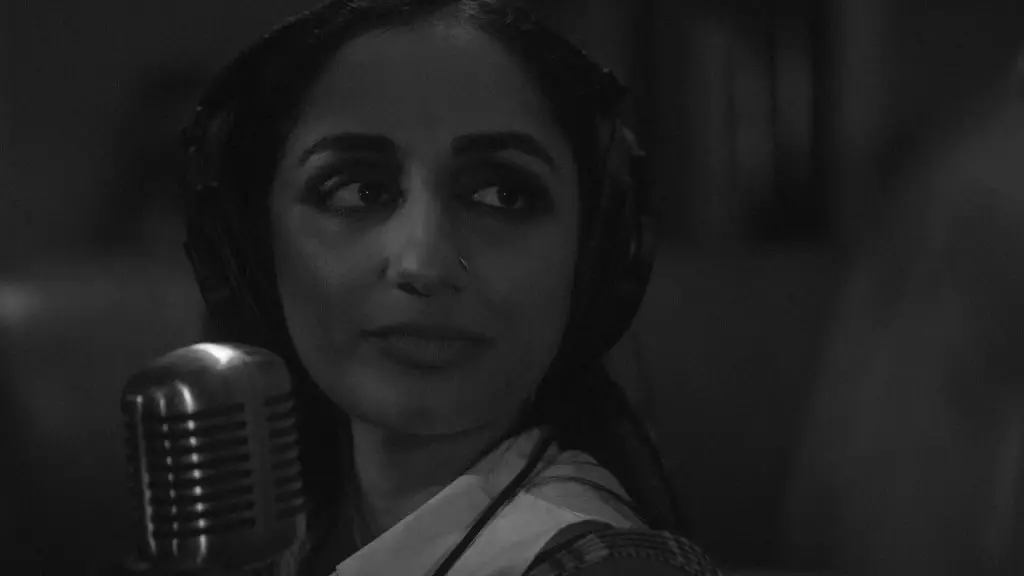Kiran Deol’s transition from podcasting to a leading role in the film industry underscores the evolving nature of storytelling in contemporary cinema. With the world premiere of her film *Didn’t Die* at the Sundance Film Festival’s Midnight Section, Deol has embraced a character that encapsulates both humor and the stark realities of a post-apocalyptic world. Her performance as Vinta, a sardonic podcaster navigating the absurdity and horror of a zombie-infested landscape, reflects a deeper commentary on the collective grief that has permeated society in recent years.
Vinta’s character serves as a poignant representation of the emotional armor many individuals wear in the face of overwhelming crises. The irony of her situation—a comedic podcast host struggling to maintain her persona while the world crumbles around her—echoes the dichotomy faced by people in real life. Deol’s exploration of Vinta allows for a nuanced examination of grief, particularly in a world still reeling from the traumas of the COVID-19 pandemic and various disasters, including the recent wildfires in Los Angeles. Deol articulates that the film’s themes echo current societal struggles, highlighting the need for resilience and the importance of finding levity amid chaos.
The film’s homage to the legendary George Romero’s zombie canon elevates its narrative, layering it with cultural references that enhance the storytelling. Romero’s works have often juxtaposed societal issues with the horror genre, inviting viewers to reflect on their realities while engaging in chilling tales. This approach mirrors Deol’s intentions of reflecting societal sentiments through Vinta’s lens, making *Didn’t Die* relevant for audiences grappling with emotional strife.
Deol’s collaboration with filmmaker Meera Menon marks a significant reunion from their previous project, *Farah Goes Bang*, a film that also touched on relevant social themes. The synergy between Deol and Menon is palpable, as they craft a character who is both deeply flawed and relatable. Deol’s comment on the creative process sheds light on the intricacies involved in character development, revealing an organic approach to storytelling where personal experiences and societal issues intertwine. This creative freedom reflects the new wave of filmmaking that seeks to break traditional molds and embrace complexity.
Moreover, Deol’s previous experience as a host of the all-female podcast *Hysteria* signifies a shift in her own career, as she leverages her voice in various formats, fostering conversations surrounding diversity and representation. Her journey underscores the importance of narrative flexibility and the understanding that storytelling can take many forms, each resonating with distinct audiences.
Deol’s reflections on the comedy landscape emphasize the importance of diverse voices and the evolution of the industry. While acknowledging the apprehensions that accompany job security in a fear-driven business, she advocates for creativity and risk-taking among executives and network heads. Talented individuals exist across the digital landscape, and Deol champions the necessity for audiences to engage with diverse talents to foster a more inclusive narrative environment.
Encouraging a paradigm shift, Deol’s hope for industry leaders to take calculated risks mirrors the contemporary cultural landscape, where representation is pivotal. Her assertion stresses that emerging talents must cultivate their own brands while also expecting a supportive ecosystem to facilitate their growth.
As Deol prepares to share *Didn’t Die* with the world, the film stands as a testament to the power of laughter as a coping mechanism. Through the lens of a comedic zombie apocalypse, she invites audiences to confront their own grief while celebrating resilience. Her next comedy special, *Joysuck*, serves as a continuation of her exploration of humor as a means to navigate life’s challenges.
In a world saturated with fear and uncertainty, Kiran Deol’s journey reinforces the belief that art can transform trauma into valuable dialogues, reminding us that even in our darkest moments, laughter can still illuminate the path forward.
